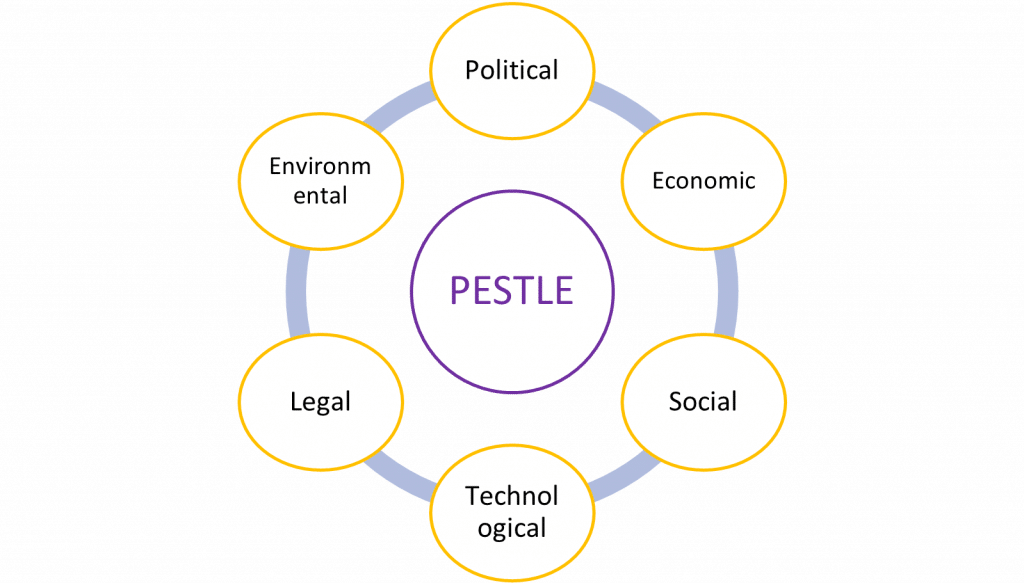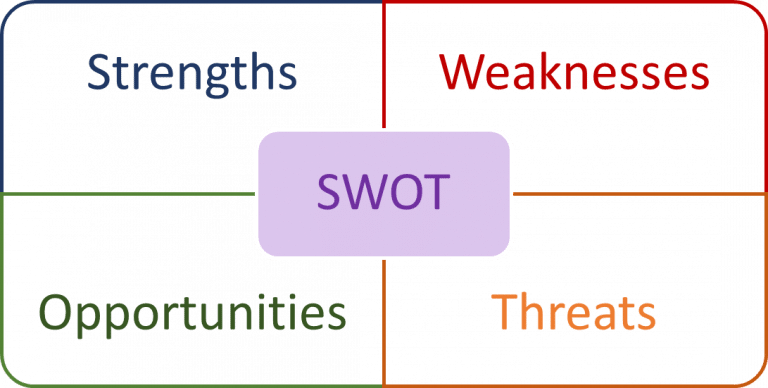Back to Course
Mentoring for women aspiring to become e-entrepreneurs
0% Complete
0/0 Steps
-
Introduction to the WIN on-line project
-
Module 1. What is Mentoring?4 Topics
-
Module 2. From Idea to e-business3 Topics
-
Module 3. Supporting mentees to achieve a professional background8 Topics
-
3.1 Building business partnerships based on e-business ideas
-
3.2 Addressing key-stakeholders - stakeholders’ mapping
-
3.3 Networking – women entrepreneurship forums and database across project countries
-
3.4 The importance of creating a mentors and mentees’ community
-
3.5 Access and use of ICT Platforms
-
3.6 Mentees’ access to finance and markets across project countries
-
3.7 Mentees’ skills and competencies
-
3.8 Case Studies
-
3.1 Building business partnerships based on e-business ideas
-
Module 4. The WIN on-line Mentoring methodology6 Topics
Module 3,
Topic 3
In Progress
2.3 Mentoring Scenarios
Module Progress
0% Complete
Strengths and Challenges
Strengths linked to mentoring are in general to allow individuals’ development in the medium – long term to stimulate commitment and increase “return of investment” by highlighting and developing talent. For the MENTOR, benefits are linked to:- Renewal of interests and motivations
- Satisfaction of being able to transfer knowledge and skills
- Possibility of reflecting on issues considered “acquired”
- Learning skills
- Facilitation of career and cultural integration in organizations
- Increased motivation
- Emotional support
- Understanding of the possibilities for professional growth
- Mechanical risk of the process with relative loss value
- Intermittent nature of the relationship
- Risk of addiction
- FOR MENTORS:
- Can I clearly be helpful to this potential mentee? Have they reached out with clear reasons or intentions for why they’d like my help? Are there specific needs they have that I can address?
- Can this person be completely open and honest? Are they willing to provide deep context about their problems and vulnerabilities? Will they be able to share data, metrics, goals, slide decks, etc. that will help in the process?
- Is this person prepared? Do they tend to be proactive about setting up time and providing enough context or an agenda upfront? Do they direct conversations and ask specific questions?
- Does this person give me energy? Do I usually learn things from this person myself? Does talking to them allow me to reflect differently on my own business or path? Do they inspire me to think more deeply, even though they have less experience?”
- FOR MENTEES:
- “Does this potential mentor remember key details about me? Have you had to continuously repeat yourself or remind them about who you are or the context of your job every time you see them? This doesn’t bode well.
- Will it be hard to explain the concepts or context of my job? You should choose someone who is close enough to your industry and functional area so that very quick, even shorthand explanations will do, and they can immediately dive in and understand your primary challenges and goals.
- Can this person give actionable advice? Have they told you something in the past that you’ve been able to apply right away? Are they a good teacher? Do they share tactics, or do they generalize? If they don’t recommend specific actions to take, then pause. They might be too senior and removed from the day-to-day work. You might be better off with a skip-level above you than an executive.
- Does this person seem present and focused? Do they give you or others their full attention when they’re in listening mode?”
The importance of analysis
In the very specific framework of turning an idea into business mentee should focus on SWOT and/or PESTLE analyses. SWOT can be tricky somehow and it is of the utmost importance to take a highly critical approach when analysing weaknesses and potential threats, but since it can be difficult to be objective in evaluating oneself or the company, it is good to suggest mentee to involve more people in the process: observing the situation from different perspectives it will in fact be easier to identify the real areas of weakness and evaluate their severity. However, this type of analysis may surge some errors and mentor should be able to address those critical situations: first, the SWOT model risks encouraging a simplistic approach, whereby any element not directly linked to one of the matrix’s quadrants risks being overlooked. In other words, SWOT and PESTLE are planning methodologies that works if applied correctly and that can provide mentee with a kind of map: it is up to mentee/entrepreneur to use them as a starting point to trace the path that will lead them to the destination. Mentors should take this into account in their mentoring sessions.



